I have an application which does a bunch of text parsing. After each pass it spits out some info into a database and clears out all the internal state.
My issue is the memeory allocated in Windows Task Mgr / Resource Monitor keeps growing and growing. I've done some profile using .Net Mem Profiler and it looks like it should be going down. Here is a screen shot from the profiler:

But in the Task Mgr after each pass the memory private working set increases. I'd like for the memory to grow as its used and then return to a normal level after each pass, that way I could keep this thing running.
Any advice on what to look for or any ideas what causes this?